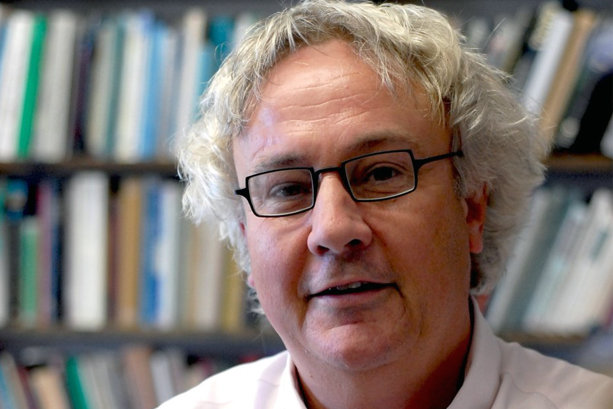TEHRAN– Prof. Taliaferro believes that today the successors of the reign of Yazid are the people and institutions that seek to preserve the status quo of white privilege in America and Europe.
The day of Ashura is the 10th day of Muharram in the Lunar Hijri calendar. This day is significant for Shia due to what occurred in Karbala on this day in the year 61 AH (October 10, 680 CE). On that day, Imam Hussein (PBUH) and his true companions were martyred in the battle against the Kufa army led by 'Umar b. Sa'd.
Many freedom seekers have been inspired by Imam Hussein and his uprising over history.
On the occasion of Ashura, we reached out to Charles Taliaferro, a professor of philosophy at St. Olaf College in the U.S.
Every year, the freedom-lovers of the world keep the memory of Imam Hussein alive in the month of Muharram. Why is the uprising of Imam Hussein still dynamic despite the passage of many years?
His resistance to tyranny was absolute and to death. He and his family paid the ultimate price for standing up with integrity to overwhelming forces. No wonder that the great freedom fighters of the 20th century, Gandhi and Mandela were inspired by his martyrdom.
In his uprising, Imam Hussein sacrificed his position, wealth, and even his own family to fight against the oppressive ruler. What are the guidelines and messages of his uprising for the popular uprisings in the contemporary time?
His message is that we should never give up in the fight against systemic racism and tyranny. When Mandela was in prison and was going to capitulate to the government, he was inspired by Imam Hussein to persevere and because of this inspiration, South Africa came to dismantle apartheid and repent its crimes against black Africans.
Imam Hussein fought against Yazid to institutionalize the message of freedom and resistance to oppression. In your opinion, who are the oppressors of today's world?
I believe that today the successors of the reign of Yazid are the people and institutions that seek to preserve the status quo of white privilege in America and Europe, marginalizing people of color, Muslims, and the poor and under-employed. In so many parts of the world, there is a harsh bifurcation of the wealthy and the working class. The need for more equity and justice is very great.
What can today's freedom-seekers movements, including the anti-racist movement in countries like the United States, learn from this uprising?
I think that the lesson of the last stand at Kabala is that those of us who are fighting racism should never give up. We can sometimes forget that some ideals are worth dying for. They are also worth living for. My fervent hope is that justice may be achieved in the United States and elsewhere non-violently. The malice and blindness to the racial injustice of the current President are not helpful.
Interview by Payman Yazdani


No comments:
Post a Comment